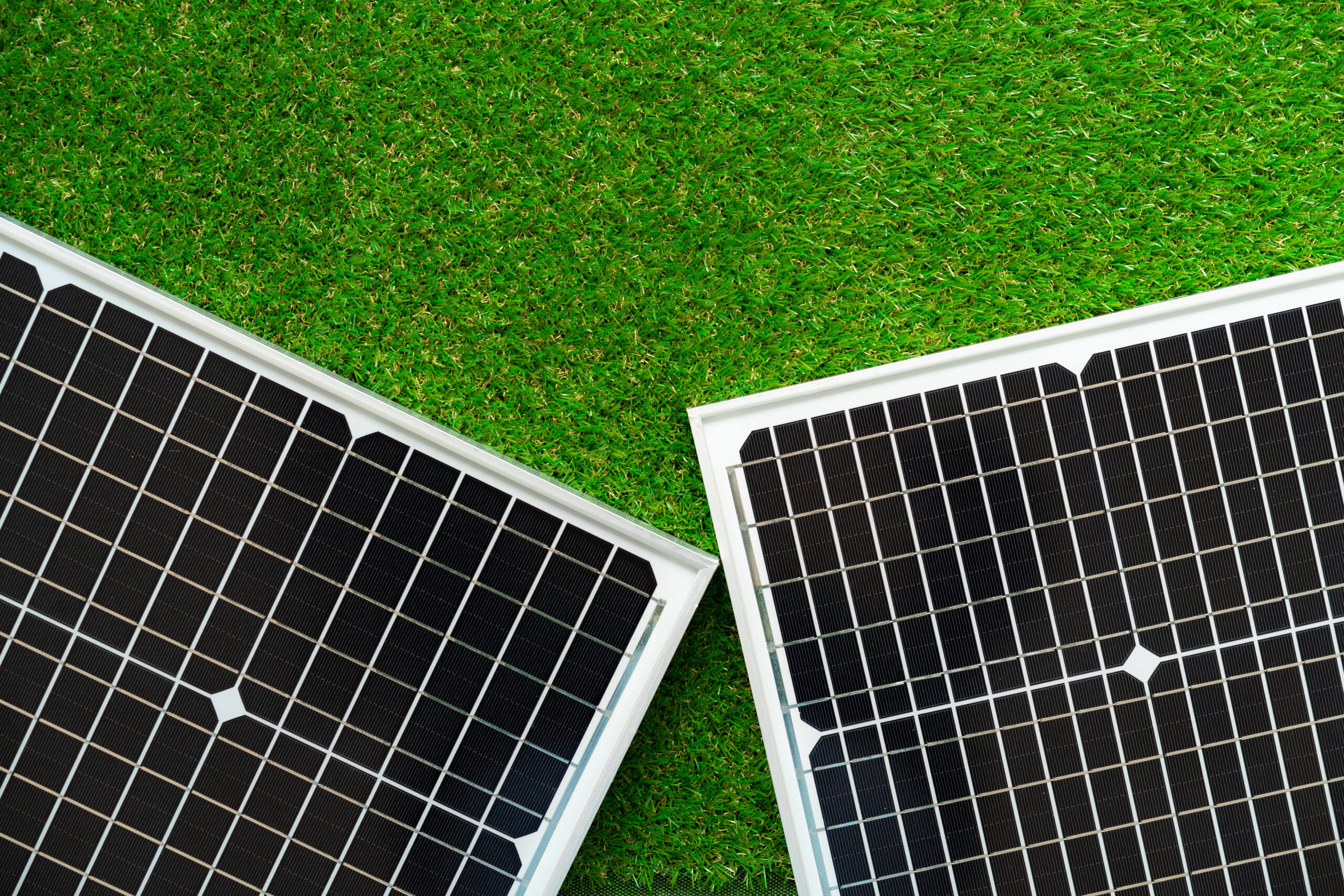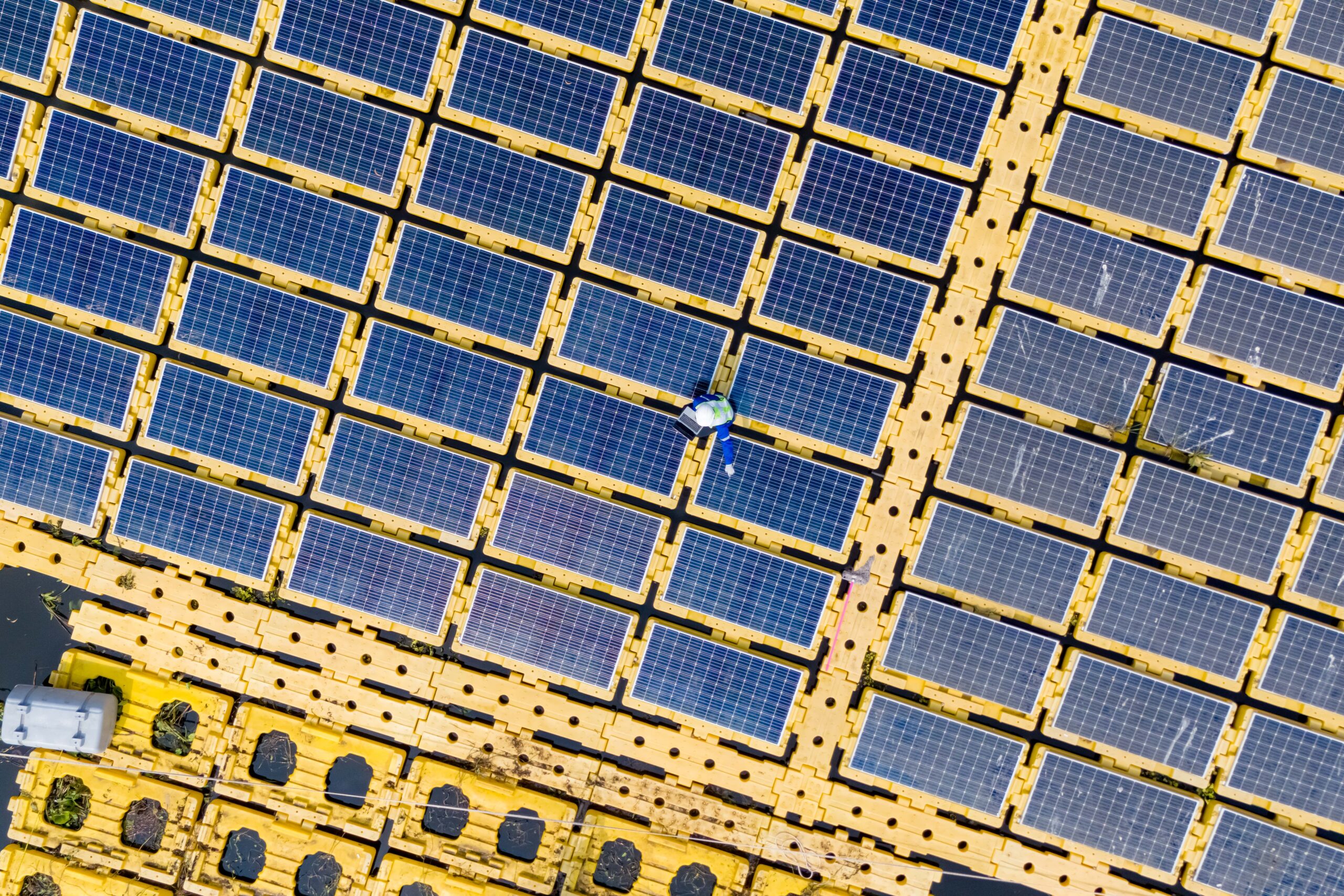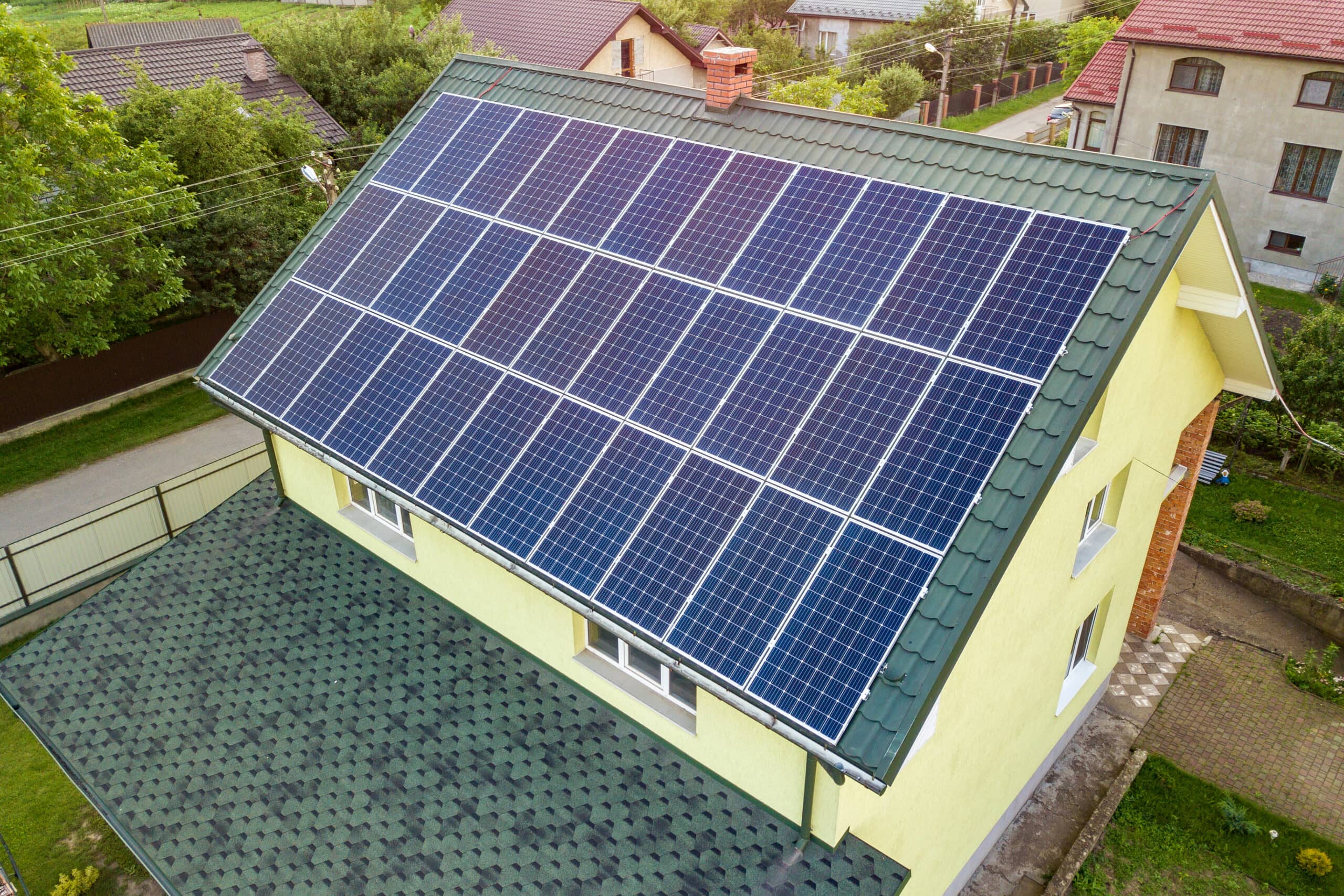A Solar panel (also known as “PV panels”) is a device that converts light from the sun, which is composed of particles of energy called “photons,” into electricity that can be used to power electrical loads.
Solar panels can be used for various applications, including remote power systems for cabins, telecommunications equipment, remote sensing, and producing electricity by residential and commercial solar electric systems.
In this article , we will discuss the history, technology, and benefits of solar panels. We will learn how solar panels work, how they are made, how they create electricity, and where you can buy solar panels.
A Short History of Solar Panels
The development of solar energy goes back more than 100 years. In the early days, solar power was used primarily for producing steam, which could then be used to drive machinery. However, it wasn’t until the discovery of the “photovoltaic effect” by Edmond Becquerel that the conversion of sunlight to solar electric energy would be allowed. Becquerel’s discovery led to the invention in 1893 by Charles Fritts of the first genuine solar cell, which was formed by coating sheets of selenium with a thin layer of gold. From this humble beginning, the device we know today as the solar panel arose.
Russel Ohl, an American inventor on the payroll of Bell Laboratories, patented the world’s first silicon solar cell in 1941. Ohl’s invention led to the production of the first solar panel in 1954 by the same company. Solar panels found their first mainstream use in space satellites. For most people, the first solar panel was embedded in their new calculator – circa the 1970s!
Today, solar panels and complete solar panel systems are used to power various applications. Yes, solar panels in the form of solar cells are still being used in calculators. However, they are also used to provide solar power to entire homes and commercial buildings, such as Google’s headquarters in California.
How Do Solar Panels Work?
Solar panels collect clean, renewable energy from sunlight and convert that light into electricity, powering electrical loads. Solar panels comprise several individual solar cells composed of layers of silicon, phosphorous (which provides the negative charge), and boron (which provides the positive charge). Solar panels absorb the photons and, in doing so, initiate an electric current. The resulting energy generated from photons striking the surface of the solar panel allows electrons to be knocked out of their atomic orbits and released into the electric field generated by the solar cells, which pull these free electrons into a directional current. This entire process is known as the Photovoltaic Effect. An average home has more than enough roof area for the necessary number of solar panels to produce enough solar electricity to supply all of its power needs. Excess electricity generated goes onto the primary power grid, paying off in electricity use at night.
In a well-balanced grid-connected configuration, a solar array generates power during the day that is then used in the home at night. Net metering programs allow solar generator owners to get paid if their system produces more energy than what is needed in the house. In off-grid solar applications, a battery bank, charge controller, and, in most cases, an inverter are necessary components. The solar array sends direct current (DC) electricity through the charge controller to the battery bank. The power is then drawn from the battery bank to the inverter, which converts the DC into alternating current (AC) that can be used for non-DC appliances. Assisted by an inverter, solar panel arrays can be sized to meet the most demanding electrical load requirements. The AC can power loads in homes or commercial buildings.
The Benefits of Solar Panels
Solar panels are an efficient way to produce electricity for many applications. The obvious would have to be off-grid living. Living off-grid means living in a location not serviced by the primary electric utility grid. Remote homes and cabins benefit nicely from solar power systems. No longer is it necessary to pay enormous fees for installing electric utility poles and cabling from the nearest main grid access point. A solar electric system is less expensive and can provide power for over three decades if properly maintained.
Besides the fact that solar panels make it possible to live off-grid, the most significant benefit you would enjoy from using solar power is that it is both a clean and renewable energy source. With the advent of global climate change, it has become more critical that we do whatever we can to reduce the pressure on our atmosphere from the emission of greenhouse gasses. Solar panels require little maintenance. They are ruggedly built and last for decades when properly maintained.
Last but not least, one of the benefits of solar panels and solar power is that once a system has paid for its initial installation costs, the electricity it produces for the remainder of the system’s lifespan, which could be as much as 15-20 years depending on the quality of the system, is free! For grid-tie solar power system owners, the benefits begin when the system comes online, eliminating monthly electric bills or, the best part, earning the system’s owner additional income from the electric company. How? If you use less power than your solar electric system produces, that excess energy can be sold to your electric utility company, sometimes at a premium!
There are many other applications and benefits of using solar panels to generate your electricity needs – too many to list here. But as you browse our website, you’ll gain a general knowledge of how versatile and convenient solar power can be.
How Much Do Solar Panels Cost?
Prices for solar panels have decreased substantially in the last couple of years. This is great because combined with the financial energy rebates and applicable incentives, Now is the best time to invest in a solar power system.
Where can I buy solar panels?
Well, right here on this website, of course!
Our solar panel brands include the most respected manufacturers in the solar panel business. We only have the highest quality solar panels and a proven track record in solar panel technology. You can be sure that at stantonsolar.com, we know solar panels!






